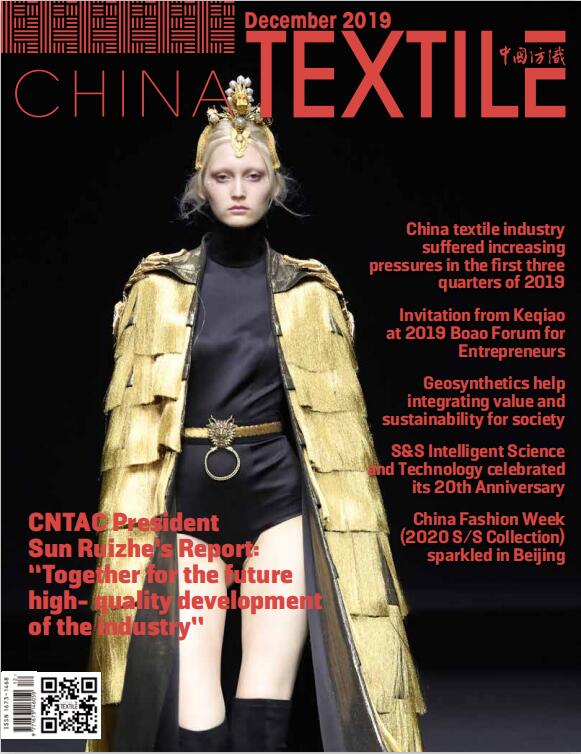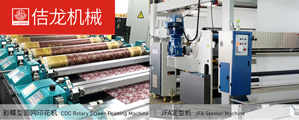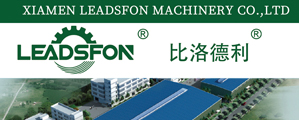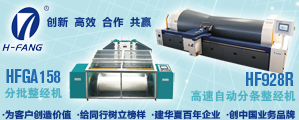Co-drive Sustainable Journey, Co-create for Shared Success: BASF participates in the 2025 Shanghai Carbon Neutrality Expo
Jun��06, 2025 �� by Zhong Mengxia
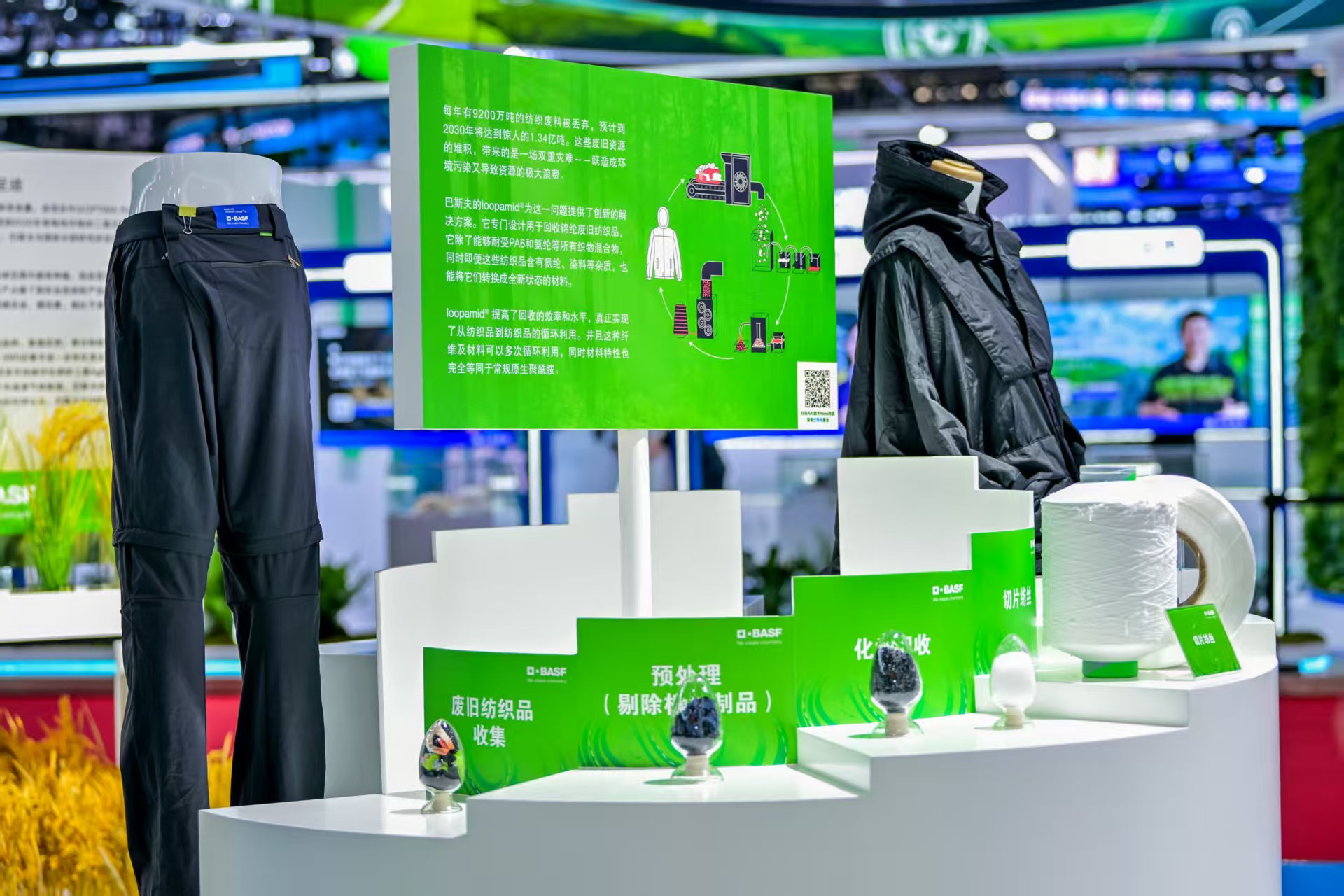
With the theme ��Co-drive Sustainable Journey, Co-create for Shared Success��, BASF participates in the 2025 Shanghai International Carbon Neutrality Expo in Technologies, Products and Achievements (CNE). Through three sections titled ��renewable energy��, ��alternative raw materials��, and ��new technologies��, BASF presents its latest progress towards its goal of net-zero greenhouse gas emissions by 2050, along with its innovative low-carbon technologies and co-creations with its partners.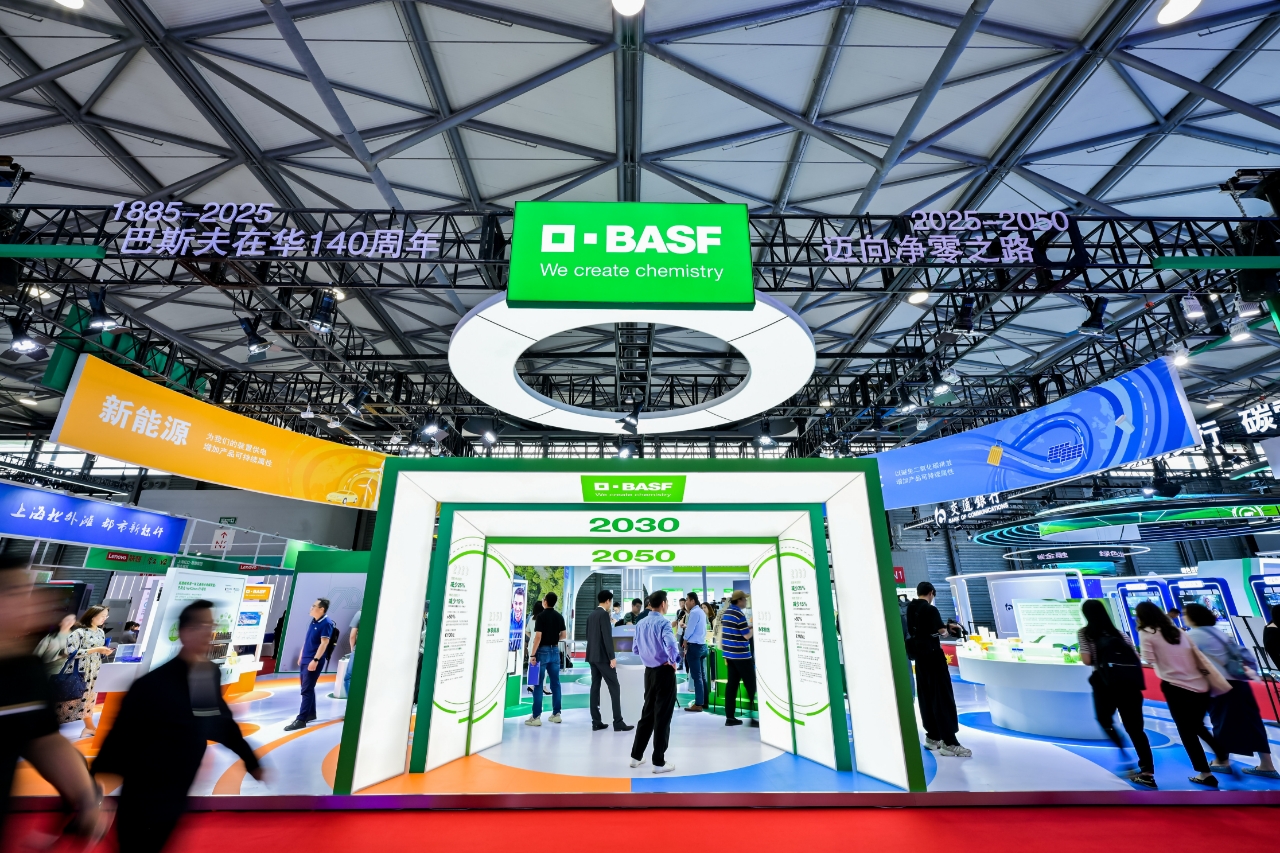
��At the Shanghai Carbon Neutrality Expo this year, we showcase a full spectrum of low-carbon technologies and sustainable solutions. Together with our value-chain partners, we are driving towards a sustainable future and shared success through innovation and co-creation,�� said Dr. Jeffrey Lou, President and Chairman of BASF Greater China. ��2025 marks the 140th anniversary of BASF in Greater China. For over a century, we have contributed to the evolution and green transformation of the chemical industry in China through innovation and sustainable development. Today, China is not only one of BASF��s key growth markets, but also a home base for leading sustainable growth. �� 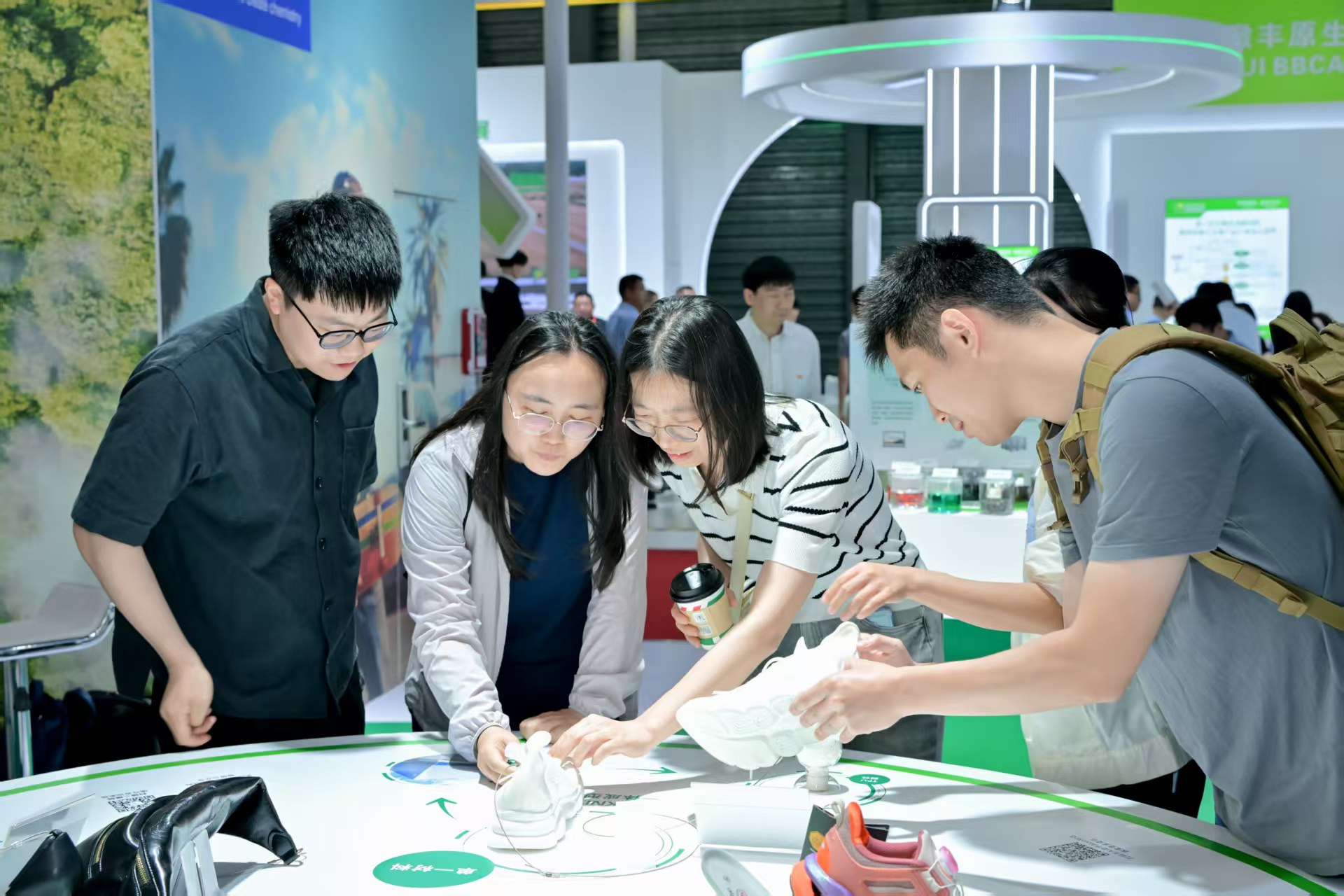
In 2024, BASF launched the ��Winning Ways�� strategy. BASF remains fully committed to its climate protection targets and continues to drive carbon reduction in its operations. Moreover, BASF will focus on products with sustainable attributes to meet the fast-growing demands of its customers. BASF plans to increase the share of Sustainable Future Solutions in BASF Group sales from 41% (2023) to over 50% (2030) and to increase Loop Solutions sales from �5 billion in 2023 to �10 billion by 2030.
Alternative raw materials
In this section, BASF highlights a number of commercially available solutions co-created with customers and partners.
The chelating agency Trilon® M Max BioBased, applied in detergents, contributes to carbon emission reductions from its origin to its application. Its ingredients are bio-based and readily biodegradable; coupled with BASF��s biomass-balance approach, 0.96 kilogram of CO2 emissions could be reduced with one kilogram of the product. Thanks to its broad-spectrum chelating properties and its synergy with surfactants, it costs much less heat and electricity in the washing process with the same cleaning results, thus effectively lowering greenhouse gas emissions. 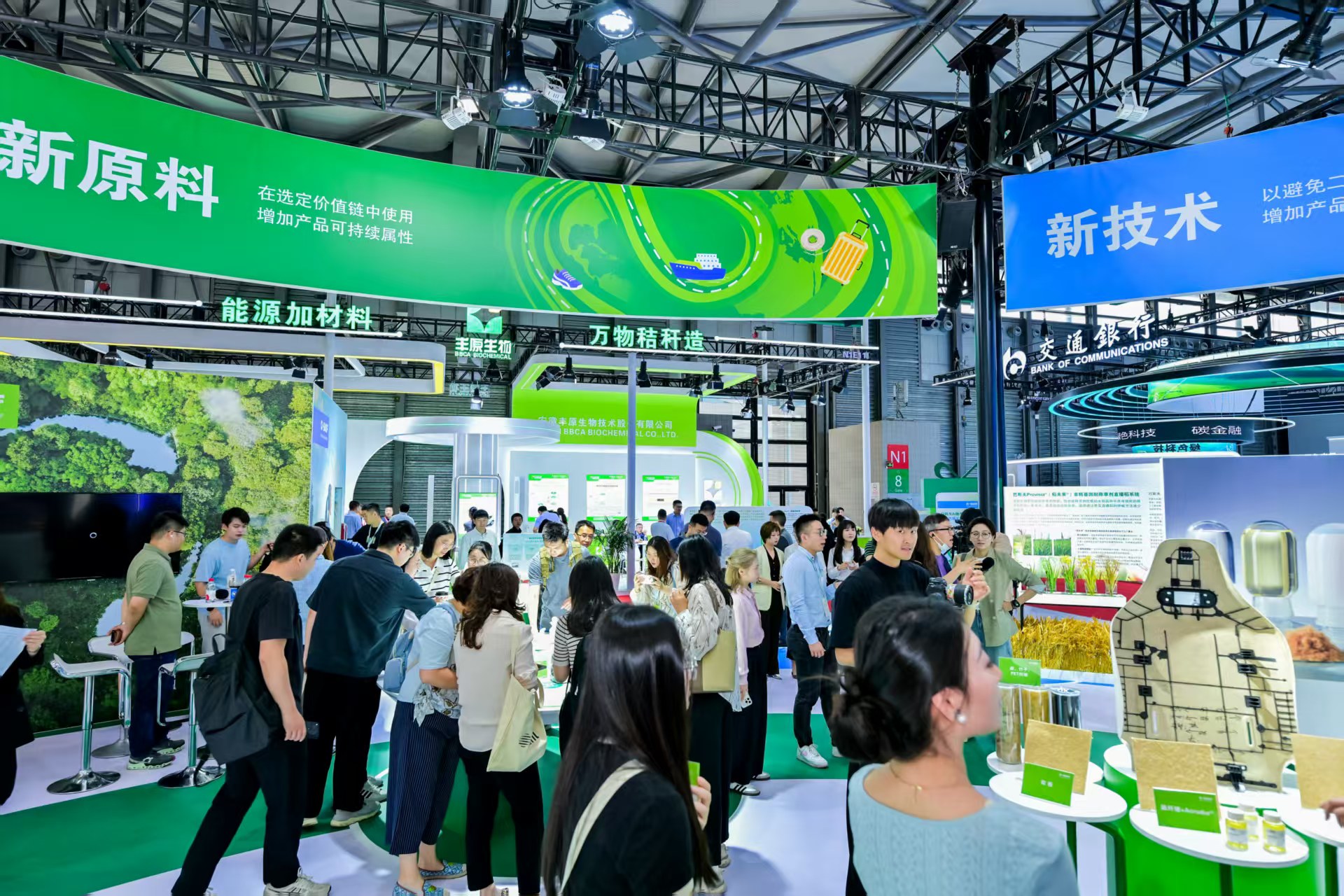
At the booth, BASF also showcases a range of pathways for sustainable solutions in the footwear sector, including recycled polyurethanes (PU) solutions, bio-based solutions, and 100% recyclable TPU solutions. One highlight is the safety shoes jointly developed by BASF and KPR® King Power, made with Elastopan® Loop. This innovative recycled PU solution uses a combination of sophisticated advanced liquification techniques to recycle PU from waste into high-quality PU materials.
The water-based Acrodur® adhesive provides high-performance, eco-friendly binding solutions for a wide range of industries, facilitating mechanical recycling and contributing to circular economy. Natural fiber composites made with water-based Acrodur adhesive could have an increased renewable material composition of more than 75%. Compared with conventional adhesives, Acrodur is formaldehyde-free and could effectively minimize the emissions of volatile organic compounds (VOC). Acrodur has been successfully applied in commercialized solutions such as suitcases and chairs, demonstrating its potential in enhancing material properties and sustainable attributes.
New technologies
In the ��new technologies�� section, BASF presents its key agricultural solutions. Urease inhibitor Limus® is one such solution that enables emission reductions in the agriculture sector. Applying Limus urease inhibitor on urea fertilizer stabilizes the urea and could reduce on average 70% of the volatilization of the nitrogen in the urea fertilizer; this way nitrogen loss to the environment is significantly reduced, while fertilizer efficiency and crop yield are improved. 0.65 ton of CO2 equivalent emissions could be reduced with every ton of Limus-treated urea fertilizer.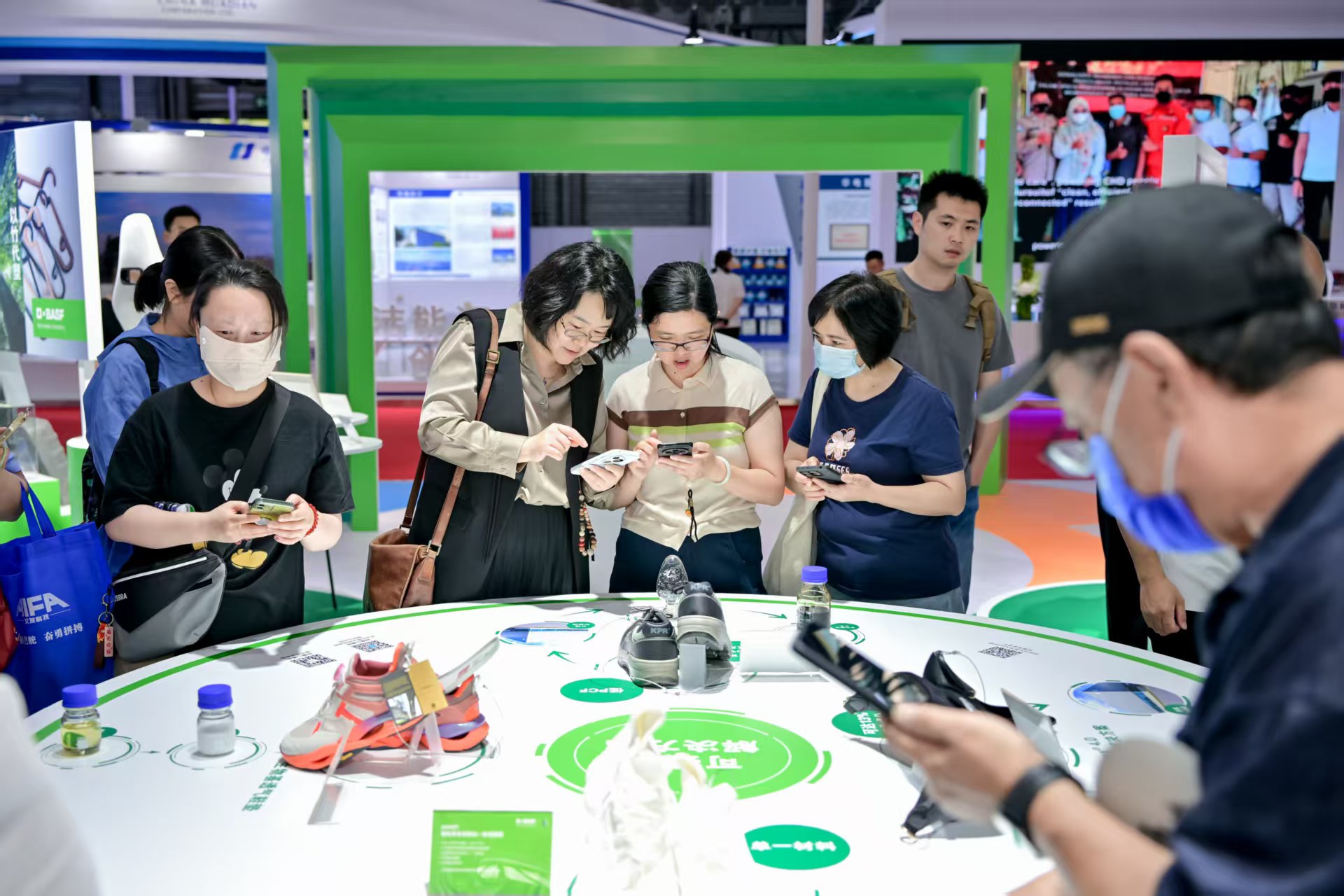
BASF's Provisia® non-GMO herbicide-tolerant direct-seeded rice system offers non-GMO herbicide-tolerant traits that are bred into the rice crop and combined with herbicides to create a comprehensive system. This approach enables more efficient weed control and ultimately aims to reduce carbon emissions by promoting the cultivation of direct-seeded rice.
Renewable energy
BASF displays a number of solutions contributing to the renewable energy industry, as well as an overview of BASF's major production sites in China that utilize renewable electricity. Products manufactured at these sites could have a lower Product Carbon Footprint (PCF), and hence better support the fast-growing market demand for low-carbon sustainable solutions.
PACIFIC app: a digital solution for PCF
BASF also brings to the booth the PACIFIC app, a joint development of BASF and CircularTree for the exchange of PCF data among BASF products. Through PACIFIC, BASF customers could exchange PCF values in accordance with the Catena-X standards. Customers could receive automated data updates and more insights into the sustainable products. An interactive, hands-on experience is available for visitors at the booth.


